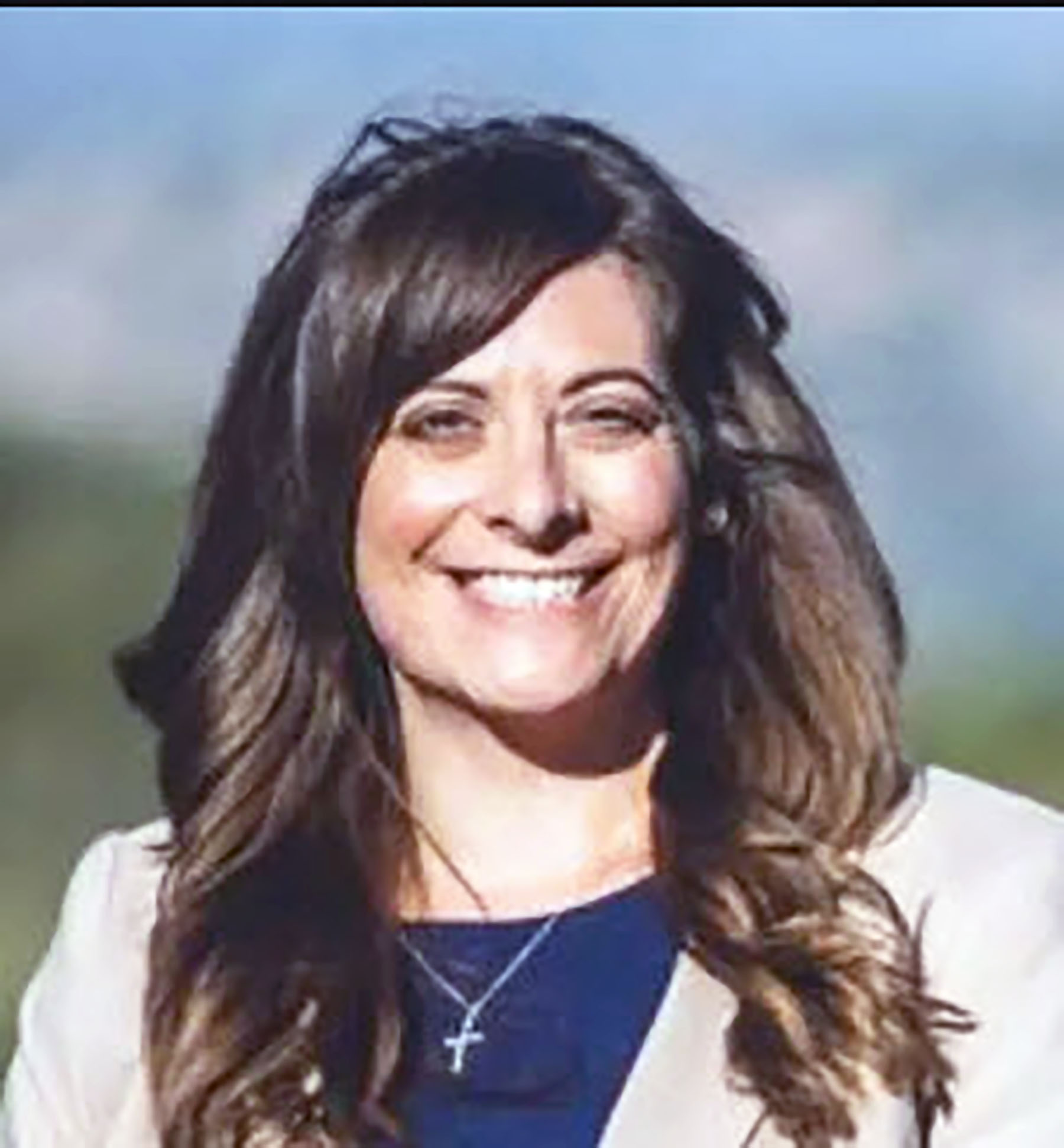California farmers are pushing back on Gov. Gavin Newsom’s goal to conserve 30% of the state’s land by 2030. During public workshops last week, farmers said the governor and lawmakers should recognize the state already imposes some of the strictest environmental regulations in the world on the industry.
“We've been regulated to the place where we are the leaders and the best,” said San Diego County Farm Bureau Director Hannah Gbeh during the CDFA meeting. “I would really love our state to start focusing on how to expand agriculture. Planting trees sequesters carbon.”
Gbeh’s county has lost 70,000 acres of production in nine years to urban development, shrinking the industry by 20%. Supporting more land production would also tackle the United Nations food security goal of increasing global food production by 70% by 2050. This and the climate crisis are opportunities to reframe the discussion, she said, while offering incentives to offset the loss of agricultural lands in the state.
“It cannot be overstated how severe of a crisis this state is dealing with in our agricultural industry,” said Gbeh.
Jenna Galardi, who handles compliance for her small family farm in the Salinas Valley, said as regulations have grown more complex she has considered pursuing a law degree just to understand them.
“The amount of regulations that agriculture is scrutinized under right now is so overwhelming,” said Galardi. “We need support right now. We need help.”
She said the farm’s resources are stretched thin and cannot keep up, especially with COVID-19 precautions in place and the market instability over the past year. Many other countries competing with California agriculture do not have such strict protections for air and water quality and worker safety, said Galardi, adding that the solution is not more legislation but more general support for farmers. This would also reduce the carbon footprint of importing goods from thousands of miles away, she said.
 San Diego County Farm Bureau Director Hannah Gbeh
San Diego County Farm Bureau Director Hannah Gbeh
Another farmer argued the housing crisis is creating a push to pave over farmland, making it even harder for beginning farmers to acquire land while also cutting off access to markets.
As CDFA looks for farmer-led solutions to climate issues, Mary Kimball, CEO of the Center for Land-Based Learning, emphasized that farmers must be paid for climate-smart practices. She said there is no shortage of great management practices, but relying on a farmer to quantify the amount of carbon stored adds yet another onerous burden to the many compliance requirements.
Adding to that point, California Farm Bureau policy advocate Taylor Roschen said farmers need consistent incentive funding, rather than the “feast and famine approach” through annual appropriations, in order to establish long-term climate-smart practices, especially ones that do not improve yield or crop quality.
Amrith Gunasekara, science advisor to the CDFA secretary, pushed back, asking Roschen and others to offer specific solutions for CDFA in resolving these issues.
Interested in more coverage and insights? Receive a free month of Agri-Pulse West.
“We've certainly heard on the regulations a lot from folks,” said Gunasekara. “If there are any solutions out there, other than taking back the regulations, please let us know.”
A commenter named Luciana responded that CDFA should build partnerships by sitting down face to face with farmer groups, since few growers participate in “sterile and sometimes challenging” public forums.
Roschen suggested CDFA work directly with various grower groups as well as pest control advisors, crop advisors, and academic and technical experts. With funding, the administration should encourage continuous appropriations, as the state already does with its Sustainable Agricultural Lands Conservation program. Roschen added that the department could market the practices in ways that motivate farmers, rather than encouraging emission reductions. This could include water savings, lowering the amount of fertigation, better pest management, better yields, lower production costs or easier regulatory compliance.
Karen Buhr, the executive director of the California Association of Resource Conservation Districts, added that CDFA should help growers to understand some of the regulatory ramifications presented by climate-smart practices like composting, which has in the past raised issues at the State Water Resources Control Board.
The conversation continues as CDFA hosts the final workshop for its series of climate discussions on Friday, covering perennial crops.
For more news, go to www.Agri-Pulse.com.


